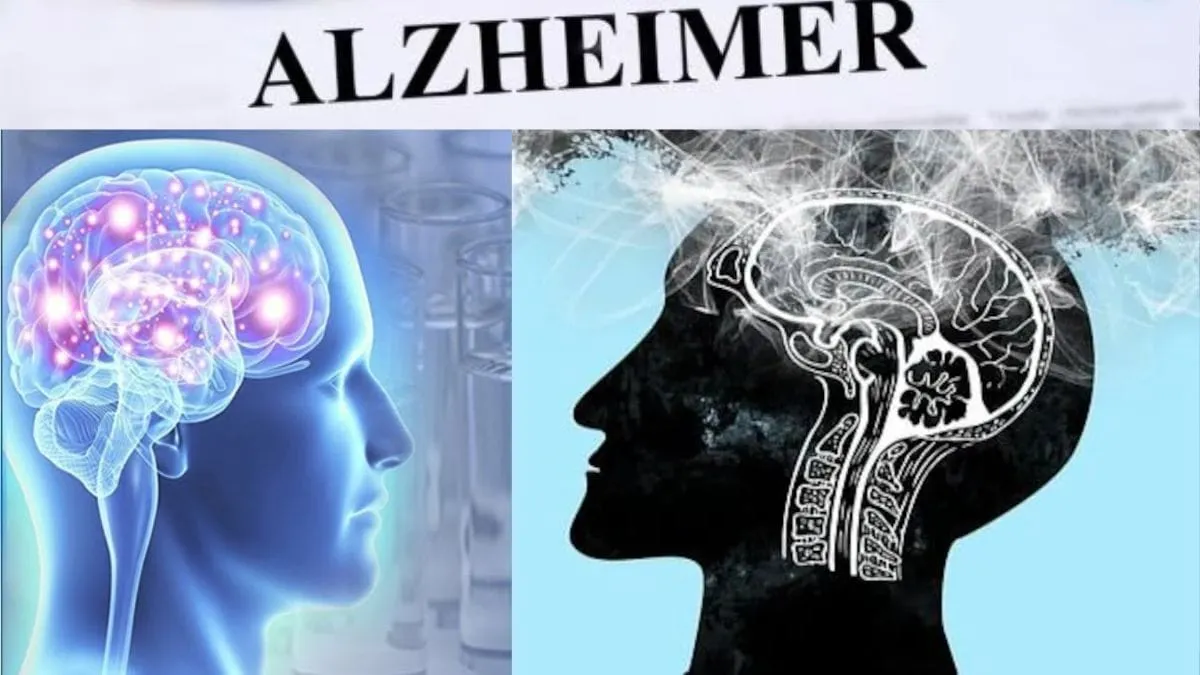Understanding Alzheimer's Disease: Impacts, Risk Factors, and Management

Alzheimer's Disease Overview
Alzheimer's disease, a progressive neurological disorder, affects memory, thinking, and behavior. It is the most common form of dementia, impacting over 50 million people worldwide.
Key Symptoms of Alzheimer's Disease
- Memory Loss: Forgetting recently learned information or important dates.
- Communication Difficulties: Struggling with conversations or understanding language.
- Problem-Solving Challenges: Difficulty in making decisions or understanding time and space.
- Mood Changes: Increased anxiety, agitation, or rapid mood swings.
- Disorientation: Confusion regarding time, place, or situation.
- Difficulty with Daily Activities: Trouble with tasks like bathing or dressing.
- Visual-Spatial Issues: Problems with balance or coordination.
Understanding the Role of Genetics in Alzheimer's Disease
Genetics significantly influences the risk of developing both early-onset and late-onset Alzheimer's disease. Research has identified several genetic factors, including the APOE-e4 gene variant.
Alzheimer's Treatment and Prevention
While there is currently no cure, treatment options focus on managing symptoms and improving quality of life. Medications, alongside lifestyle changes such as regular exercise, cognitive stimulation, and a healthy diet, are beneficial.
Experimental Treatments in Alzheimer's Research
Innovative therapies, including immunotherapy and gene therapy, are under investigation. For example, Lecanemab targets beta-amyloid deposition in individuals with early Alzheimer's disease.
Stress Reduction Techniques for Alzheimer's Risk Management
- Music Therapy: Can improve mood and reduce agitation.
- Pet Therapy: May decrease stress levels.
- Art Therapy: Encourages self-expression and emotional well-being.
For ongoing support and resources, refer to local Alzheimer's associations or support groups. Consulting with a healthcare professional is essential for early detection and proper management of symptoms.
This article was prepared using information from open sources in accordance with the principles of Ethical Policy. The editorial team is not responsible for absolute accuracy, as it relies on data from the sources referenced.